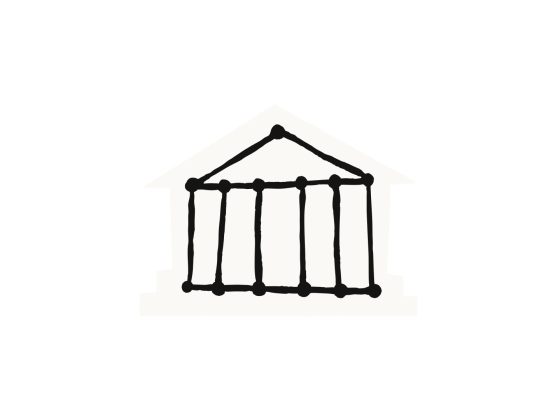Quantum Computing is a cutting-edge technology that leverages the principles of quantum mechanics to process information. Quantum computers use quantum bits, or “qubits”, which differ from classical binary bits in their ability to exist in multiple states at once, thanks to the phenomena of superposition and entanglement.
Superposition refers to a qubit’s ability to be in both the 0 and 1 states simultaneously, which drastically increases the amount of information each qubit can store. Entanglement refers to a phenomenon in which qubits become interconnected and the state of one can instantly affect the state of the other, no matter the distance between them. This feature enables highly efficient information processing.
Quantum Gate:
Analogous to gates in classical computing, quantum gates act on qubits to change their quantum states.
Quantum Circuit:
This is a sequence of quantum gates. Quantum algorithms are typically implemented as quantum circuits.
Quantum Decoherence:
This is the loss of quantum states in a quantum system, which is a significant challenge for building reliable and efficient quantum computers.
Quantum Error Correction:
These are techniques to correct for errors and decoherence in a quantum system.
Quantum Supremacy or Quantum Advantage:
This is the point where quantum computers can solve problems faster or better than classical computers.
The progress for fully error-corrected, fault-tolerant quantum computing that would outperform classical computers on useful tasks is still a goal for the future.
The potential applications of quantum computing are broad and promising, including cryptography, optimization, materials science, and more. However, there are also significant challenges to overcome, including maintaining quantum coherence, error correction, and developing useful quantum algorithms .
Quantum Computing, as part of the QUASAR Convergence, promises a new dawn in our computational capabilities. While there are substantial hurdles to overcome, the prospects of Quantum Computing offer a tantalising glimpse into a future where today’s computational inconceivabilities become tomorrow’s realities. With continuous research and development, Quantum Computing may soon transition from the realm of the theoretical into the practical, making the term “quantum leap” an everyday reality.










